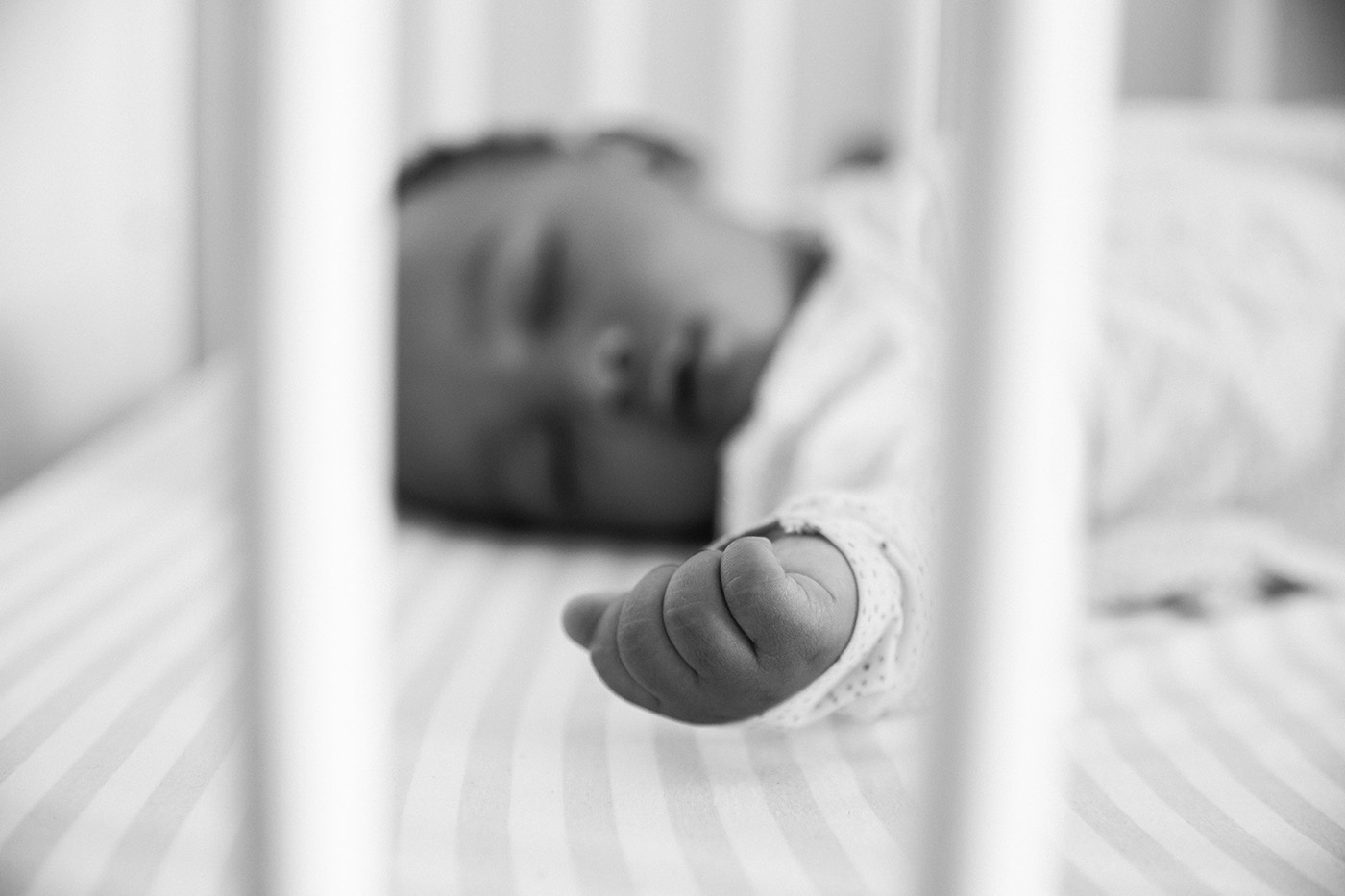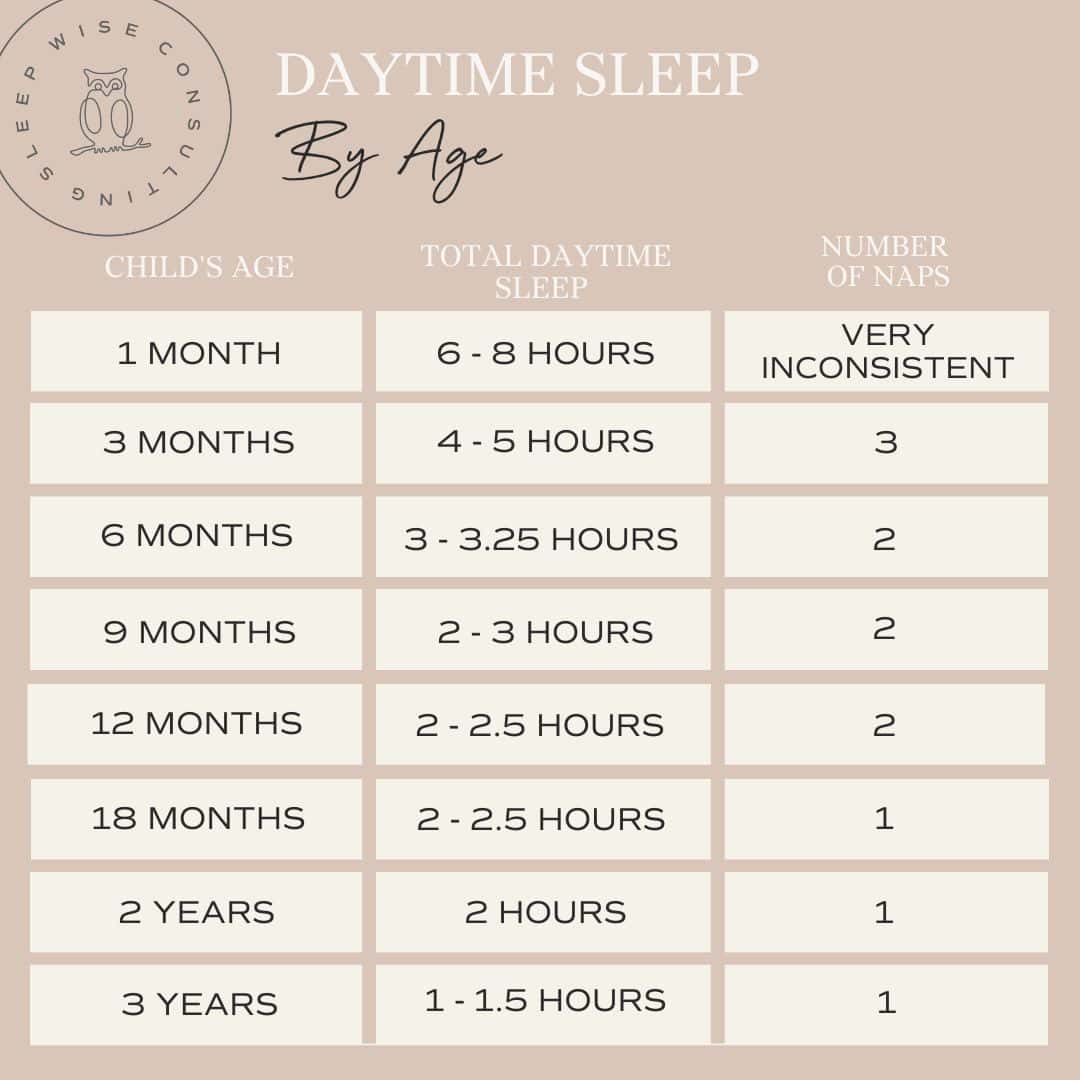Going Out to Dinner with Kids While on a Sleep Schedule
Is My Baby Sleeping Too Much?
In our line of work we most often hear concerns about a child not getting enough sleep, yet it is not uncommon for us to also hear questions about too much sleep. That might sound crazy, but if your baby is sleeping too much it can actually show up in similar ways as sleep deprivation. It’s something that we consider when looking at a child’s sleep habits, and working towards the ideal balance for that individual child.
While rare, sometimes the culprit of a bad night’s sleep is too much sleep during the day. Amount and timing of daytime sleep is typically where we start when considering whether too much sleep is at play.
Identifying Daytime Sleep Issues

Awake windows can vary greatly in the first year from month to month – and from child to child. While we often see 4 month olds needing 1.5 hours of awake time before bed, that number increases to 3.5 hours before bed between 6 to 12 months. It can take some trial and error to find the sweet spot that helps your baby fall asleep and stay asleep.
If the last nap of the day ends too close to bedtime, that’s problematic. You may notice that your baby struggles to fall asleep or wakes shortly after falling asleep. If you believe that the last nap of the day is the cause of some sleep disruptions, there are three possible solutions. First, you can try to push bedtime a little later. Second, you can help your baby gently rouse from their last nap a bit earlier if that nap tends to be a long one. Open your baby’s door, gently rub their back, maybe turn on a gentle light so that they can wake up on their own. This will help your baby’s transition from sleep to waking go much more smoothly. The third possible solution is to try pushing the last nap of the day a little earlier.
When to Talk to Your Pediatrician
If your baby is sleeping well overnight, taking long naps during the day, and still seems tired, we would recommend talking to your pediatrician. For an infant, this would be 17+ hours of sleep in 24 hours. Chances are the problem isn’t too much sleep; rather, too much sleep is a symptom of an underlying issue.
One mom we worked with shared a similar concern and later learned her son was anemic. Her son exhibited fatigue and took longer naps than expected. Trust your instincts and consult your pediatrician to rule out potential causes of excessive sleep—especially if your baby still shows signs of daytime fatigue.

“Sleep Begets Sleep”
Overtired children don’t sleep well at night or go to bed calmly. Appropriate amounts of daytime sleep makes for a smoother bedtime routine and better night of rest in almost every case.
When people tell you to pull a daytime nap out of your schedule for a longer night’s rest, just ignore them. You know a secret they don’t: daytime sleep almost always helps nighttime sleep. Too much sleep is rarely the issue; it’s usually the timing of daytime sleep that causes problems.
Baby sleep can be so complex! If you read this article and feel more confused than ever, I get it. Too much sleep, too little sleep, and the timing of sleep, can all cause similar sleep disruptions for your baby. The awake windows change almost monthly, and then there is your baby’s preference to consider. Are they high sleep needs or low sleep needs? Finding this balance can take trial and error – and time. If you’re exhausted, and need an expert to help you remove the guesswork, don’t hesitate to reach out.


